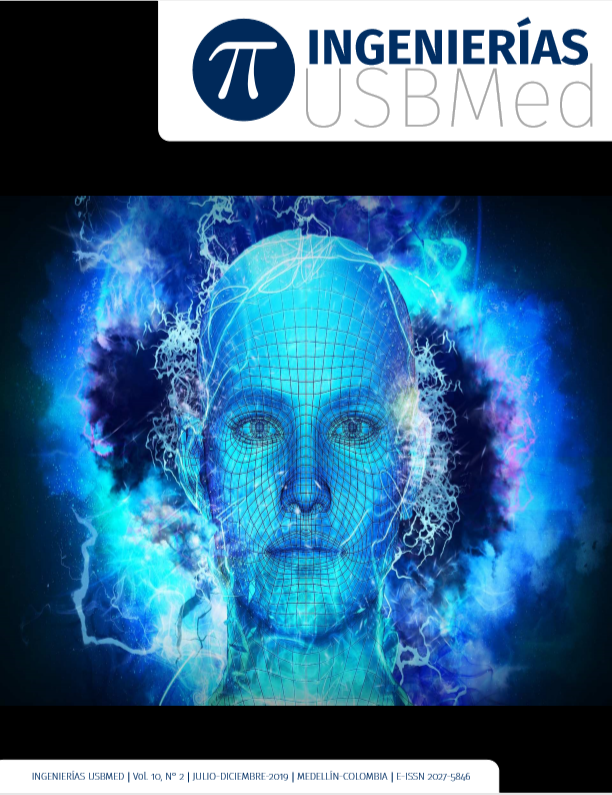This journal provides immediately free access to its contents under the principle that make available the research results for free to the public, helps for a greater global exchange of knowledge.
Therefore, the journal invokes the Creative Commons 4.0
License attributions: Recognition – Non-commertial - Share equal. Commercial use and distribution of original or derivative works are not permitted and must be done with a equal license as the one that regulate the original work.
Abstract
Engineering carries in its roots the ability that human beings have in order to generate with wit and creativity, solutions to specific problems. In an immersed context in the permanent vulnerability of human rights like the case of Colombia, it is necessary to guide both the technological and professional knowledge, from the academic exercise, toward the generation of technological solutions for the diverse social issues, which afflict the country. This construction of knowledge, geared to the territorial development from social and environmental field, which is framed within a policy of open science under construction, seeks the formulation, execution, and dissemination of social sustainable projects, which converse with the communities. It also aims to understand the setting in which they are, in order to generate a type of alternative development in which communities are not affected, but rather included, in order to rebuild the social tissue, which it promotes. Ultimately, it attempts the improvement of people’s life quality and the regions that they inhabit. This shared edition among Saint Bonaventure University, Latin American Autonomous University, Metropolitan Institute of Technology and the Kavilando Journal, aims to foster a space for discussion, analysis, and proposal around open science, technologies for regional transformation, environmental sustainability, energy transition, and territorial development. It aims to redirect the engineering profession again available to society, under the recognition that academia must direct knowledge, in order to strengthen the human being, even in technical terms.














